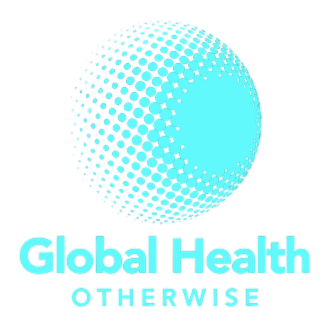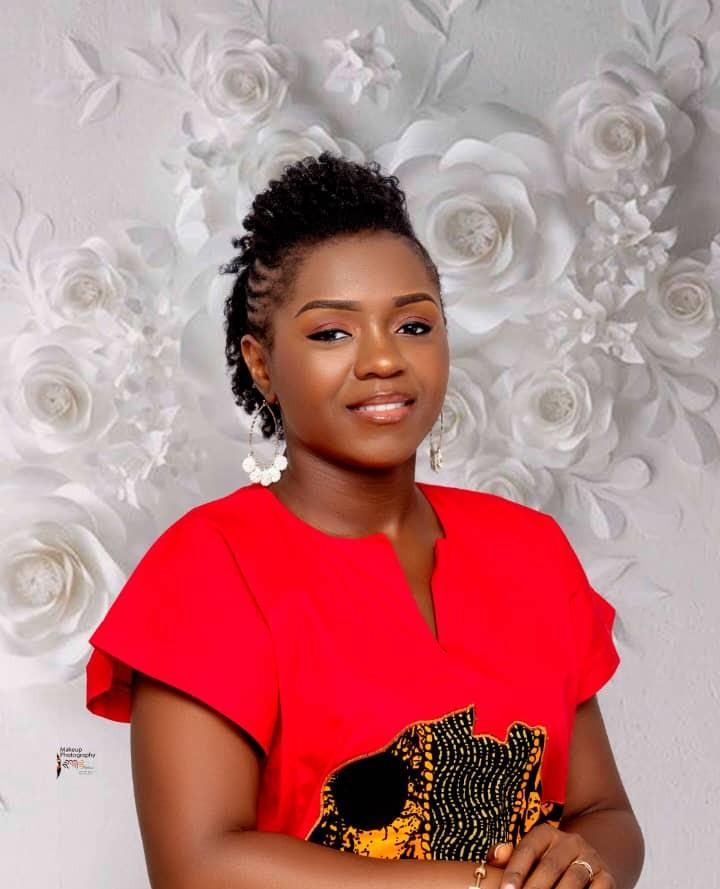Global Health Otherwise champions the decolonization of global health practice, research, and funding through inclusive innovation and community-centered approaches that elevate Indigenous knowledge systems and ensure ethical, localized solutions for global challenges.
We spoke with Dr. Vofo Gaelle about her groundbreaking work in newborn hearing and vision screening across Cameroon and the broader Sub-Saharan African region. Dr. Vofo is an ENT surgeon with sub-specialty training in Otology (Ear and Hearing care) and Founder of Shomea (www.shomea.org), an organization dedicated to early detection and rehabilitation of hearing, vision, and physical disabilities. Since 2021, Shomea has screened over 12,000 newborns across 15 hospitals in Cameroon, providing hearing aids to 180 babies and cochlear implants to 4 children with the help of its partners.
Global Health Otherwise (GHO): Dr. Vofo, what motivated you to focus specifically on sensory health in newborns?
Dr. Gaelle Vofo (GV): My transition wasn’t sudden – it was shaped by the stigmatization and marginalization faced by people living with disabilities that I witnessed in my childhood coupled with what I witnessed during my clinical training. During my work as a general practitioner in Cameroon, I was moved by patients who came to us far too late; children with hearing impairments that could have been detected at birth, but were diagnosed at 3, 4, or 5 years of life when so much critical development time had already been lost.
What struck me most was the disparity I saw during my specialization in ENT surgery at Hadassah Medical Centre in Israel, where newborn hearing screening was routine. In Cameroon, and across much of Sub-Saharan Africa, this isn’t happening. We were essentially accepting that children would grow up with undiagnosed sensory disabilities, not because we lacked the knowledge, but because we lacked the systems. I realized that this wasn’t just a medical issue – it was an issue of equity and justice.
GHO: How do you see the connection between sensory health and global health equity?
GV: Sensory disabilities are often invisible, which makes them particularly vulnerable to neglect in overstretched health systems. When we talk about global health equity, we rarely center disability, especially sensory disabilities. This creates a double burden – children with undiagnosed hearing or vision problems are excluded from full participation in education and economic opportunities, while their families bear additional care burdens.
What I’ve learned is that sensory health screening isn’t just about individual children – it’s about questioning why some health interventions are considered “essential” while others are seen as “luxury.”
GHO: Can you walk us through the COHVIN model?
GV: COHVIN stands for Combined Hearing and Vision screening in Immunization clinics for Newborns. What makes it different is that we designed it using public health models, to work within existing health systems in Cameroon, rather than trying to transplant models from high-income countries.
Its advantages are the fact that two senses are screened by a single trained team with one set of equipment capturing both hospital- and community-born babies at immunization clinics, increasing coverage. It is scalable to other countries facilitated by our training team.
We partnered with local hospitals, trained local healthcare workers, and integrated screening into routine immunization visits. We are working with local engineers to develop cost-effective tools that could be maintained locally. The community orientation piece was crucial where we built local capacity for follow-up and connected with traditional birth attendants and community leaders who were already trusted sources of health information.
GHO: How do you think about sustainability?
GV: Sustainability was a concern from day one. Our approach has been to simultaneously develop multiple financial, technical, and political strategies for sustainability. But perhaps most importantly, we’ve focused on community ownership. When families see the value of early screening, when health workers feel empowered to provide this service, when local leaders advocate for it – that creates momentum that’s harder to stop than any external intervention.
GHO: Any final thoughts?
GV: I want to emphasize that this work isn’t charity – it’s justice. Children with sensory disabilities aren’t asking for special treatment; they’re asking for equal opportunities to develop their potential and contribute to their communities. When we screen a newborn and detect a hearing and/or visual impairment, we’re potentially enabling that child to become a teacher, a leader, an innovator who contributes to their society in ways we can’t even imagine.
To emerging practitioners: Don’t be afraid to innovate within broken systems. Create from within your community. Let the problems around you inspire practical, scalable solutions. And most importantly, listen to the people you serve. Remember: we’re not just building programs – we’re building movements.


1 Comment